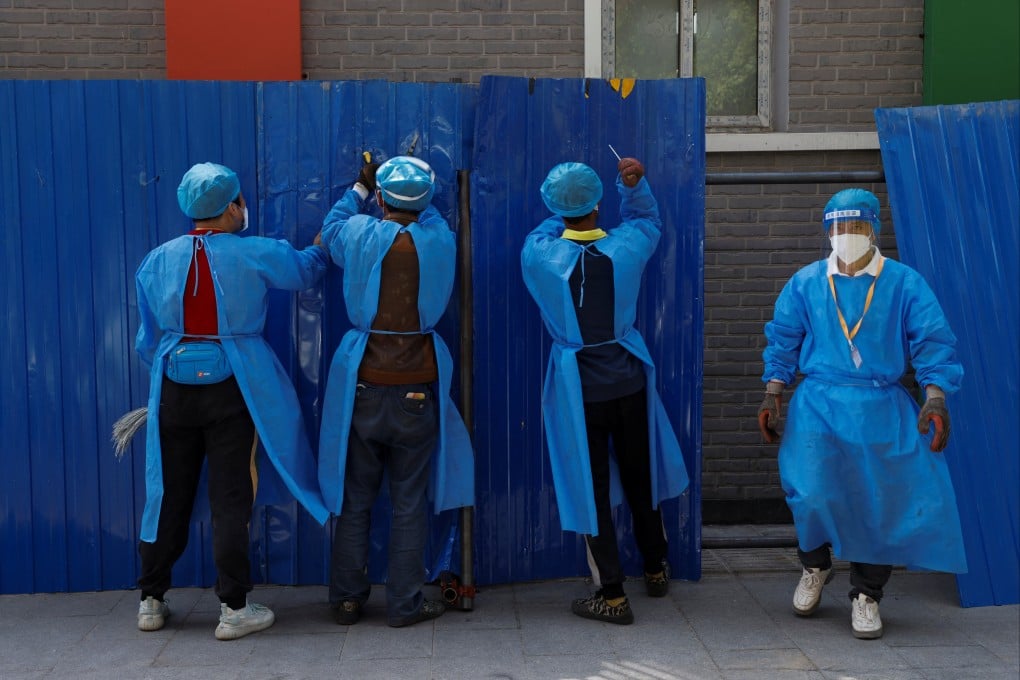Advertisement
Asian Angle | If China abandons zero-Covid, it could prove it’s more rational and pragmatic than the paralysed West
- By performing a massive U-turn and reopening to the world, China would undoubtedly earn immeasurable admiration and respect for saving the global economy
- All it would take is a few billion dollars to give the entire population mRNA booster shots. That’s what worked for Singapore – it can work for China too
Reading Time:4 minutes
Why you can trust SCMP
45

Our world is beginning to drown in pessimism. Dark clouds, both geopolitical and geoeconomic, bear down upon us – some unleashing great pain and suffering on the people below. Energy prices are spiking. Inflation is accelerating. Governments, as in Sri Lanka, are falling. The burning question our world now faces is a simple one: can we turn things around?
The short answer is yes, we can. In our modern world, sound public policies based on logical reasoning and good scientific evidence could solve many of our problems. There’s only one catch: it would require all major countries to perform equally major U-turns.
In theory, democratically elected governments have enough innate flexibility to perform such a manoeuvre. But in practice, this turning point in history may instead present China with a unique opportunity to show that it has the most rational and pragmatic government in the world.

Europe, whose Enlightenment ideas birthed the social contract that underpins modern democratic government, has nonetheless shown itself incapable of delivering rational governance. Even though Russia was clearly wrong in invading Ukraine, future historians will no doubt record that Europe’s geopolitical incompetence contributed to the war. Warnings about the dangers of Nato expansionism from great Western strategic thinkers such as George Kennan and Henry Kissinger were ignored. An avoidable tragedy was not avoided.
Advertisement
Now war is being waged and energy prices are spiking, as the conflict’s ripple effects risk tipping up to 1.7 billion people – more than one-fifth of humanity – into poverty, destitution and hunger, according to the UN. The logical response would be to sue for peace, but European leaders are too busy arming Ukraine and indulging in bellicose rhetoric to follow such a path. A U-turn from Europe isn’t coming.
Nor should we expect one from Washington. The United States enjoys seeing Russia’s military fail, and is happier still that the Europeans have once again fallen into lockstep with American geopolitical priorities.
Advertisement
Yet in making Vladimir Putin enemy number one, the administration of US President Joe Biden has made what future historians will surely conclude was a huge strategic mistake. The war, and Washington’s reaction to it, has taken the heat off twice-impeached former president Donald Trump, who could now ride a second wave of populism fuelled by rising prices and widespread shortages to regain the White House in 2024.
Advertisement
Select Voice
Select Speed
1.00x
